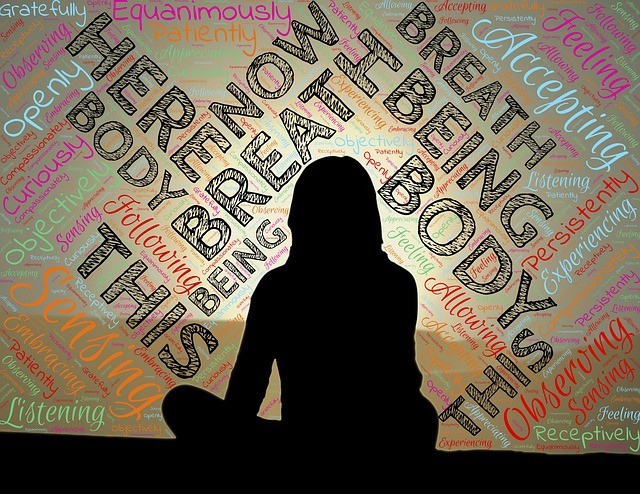
Mindfulness Practitioner Training Trending
Enjoy learning all about ‘Mindfulness’, this wonderful and powerful way of being that everyone is capable of achieving. You will gain an understanding of what mindfulness actually is and how it can benefit us in our lives. This life-transforming training will take your current level of mindfulness to certified Practitioner level as we guide you through the essential ‘Mindfulness’ principles and practices.
The course will provide you with over 25 mindfulness exercises, meditations and tools that you can use to practise mindfulness for yourself or to use with clients, along with useful downloadable resources. If you are a person interested in helping others, and yourself, then this course is for you!
Mindfulness. An interesting word, a simple word, a word full of possibilities, but what exactly does this mean? Does this mean that I need to have a full mind, or to clear my mind? Does it mean I need to be quiet or to be fully involved? Am I thinking too deeply into this? All of these questions are an example of how strong our minds are, how we can think at a million miles an hour and how having mindfulness can support our whole lives. We are always thinking, our minds are always active, but are we always mindful? Do our minds stray? Can we start thinking about one thing and then get caught up thinking about another thing? If we have many things to do, is it harder to start because we are thinking about too many things that we end up not completing anything? These are examples of how our minds can be so active, but not necessarily focused.
Mindfulness is often perceived in much of Western society as ‘clearing your head of all thoughts’, however, this course will enable you to see that actually the opposite is true. Mindfulness is a ‘fully-conscious’ state of being that enables us to understand our thoughts and emotions, understand where they have come from and also how we can control them so that we do not become controlled by them. We are not our thoughts!
Mindfulness involves focusing on what is happening now, in the present, instead of focusing on what has happened in the past or our future predictions. It allows us to identify with our past and recognise why we are who we are, but also not to let it define us. It allows us to look positively into the future by recognising that we only have control over the here and now.
“Every morning we are born again. What we do today is what matters most.” Buddha
This Mindfulness Practitioner course will provide you with the tools you need to develop and practise the concepts of mindfulness so that you can teach this knowledge to others using the many exercises available throughout the course. By the end of this Mindfulness Practitioner Training course, students will:
- Know what Mindfulness means and how it can be used
- Understand some of the history of Mindfulness
- Know the difference between Mindfulness and Meditation
- Understand the key concepts of Mindfulness
- Recognise the difference between Mindfulness and Mindlessness
- Understand the 5 steps to Mindfulness
- Recognise factors that can impede mindful insight
- Understand the 3 ways in which we see and perceive things
- Know that everyone has a different perception of reality
- Understand the importance of perspective in relation to being mindful
- Recognise the 3 levels of consciousness
- Identify the core components of Mindfulness
- Identify the core assumptions of Mindfulness
- Know the blocks to active listening and how we can overcome these
- Recognise that Mindfulness can be used in personal and professional contexts
- Understand the importance of forgiveness in relation to mindful living
- Understand the 3 dimensions of mindfulness – how we relate to ourselves, to others and to our past
- Be given access to many ideas relating to mindfulness and understand how we can use these
- Have access to over 25 Mindfulness exercises and tools that can be used to practice Mindfulness for themselves or for clients
- And much more….
Once you have completed the assignment, you will be awarded with an accredited certificate. You will be able to go onto the online platform and view or download your course certificate. You may choose to print it out or keep it safe electronically. If you would like to print out your certificate, you will need to select download first and then print from there.
For more information on this course, or to book, please visit:
https://book.gatewayworkshops.co.uk/collections/online-courses
